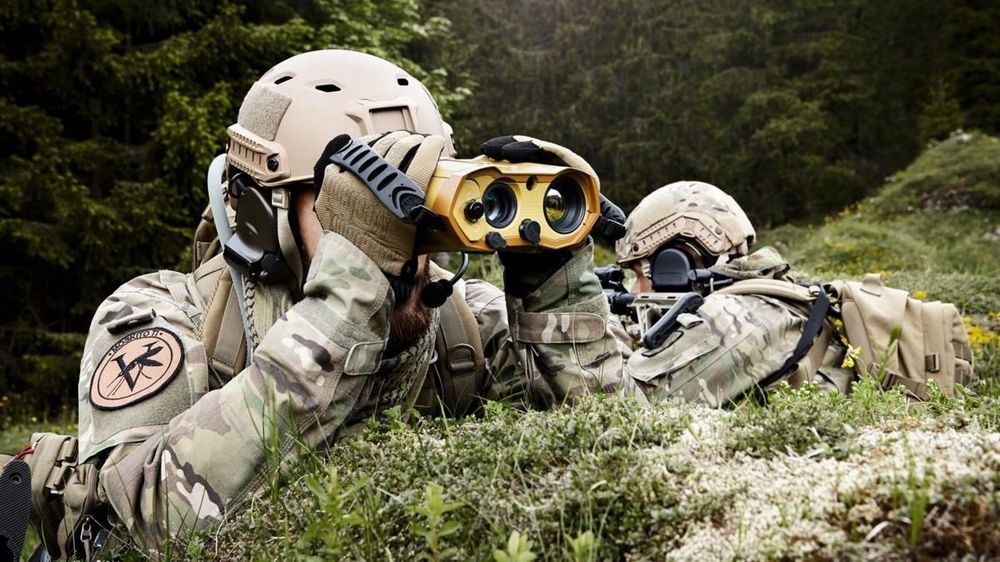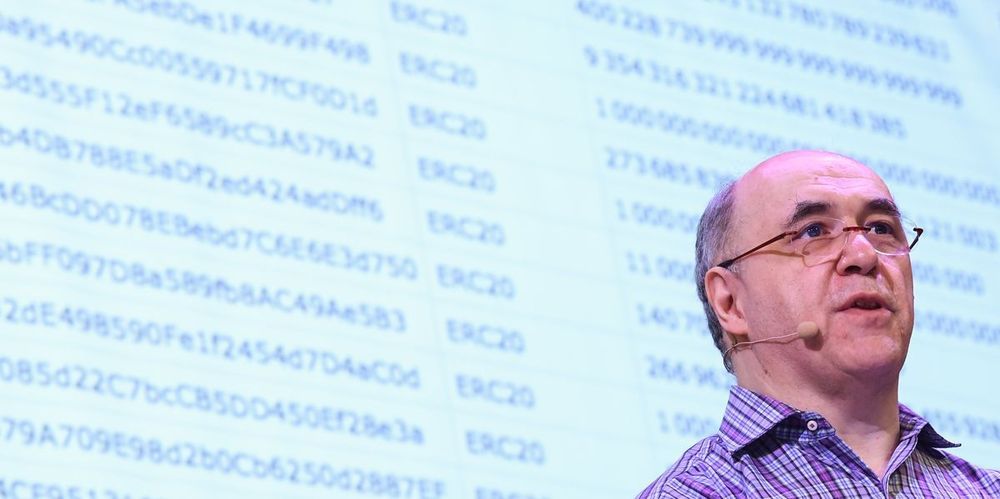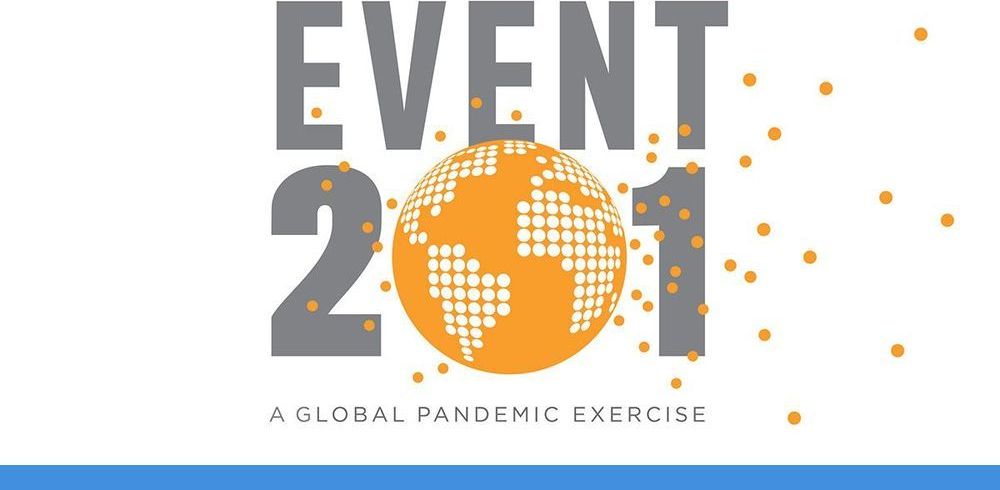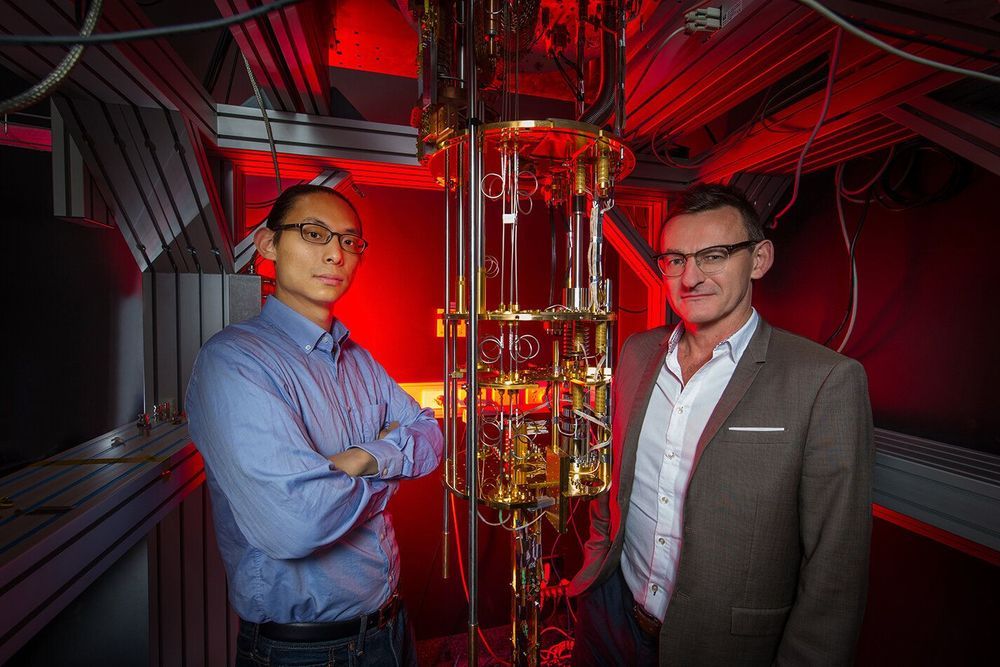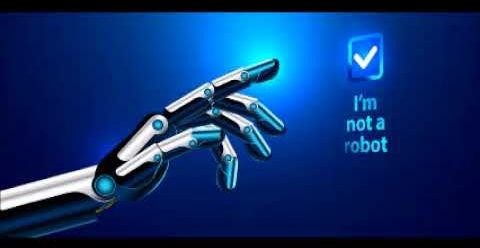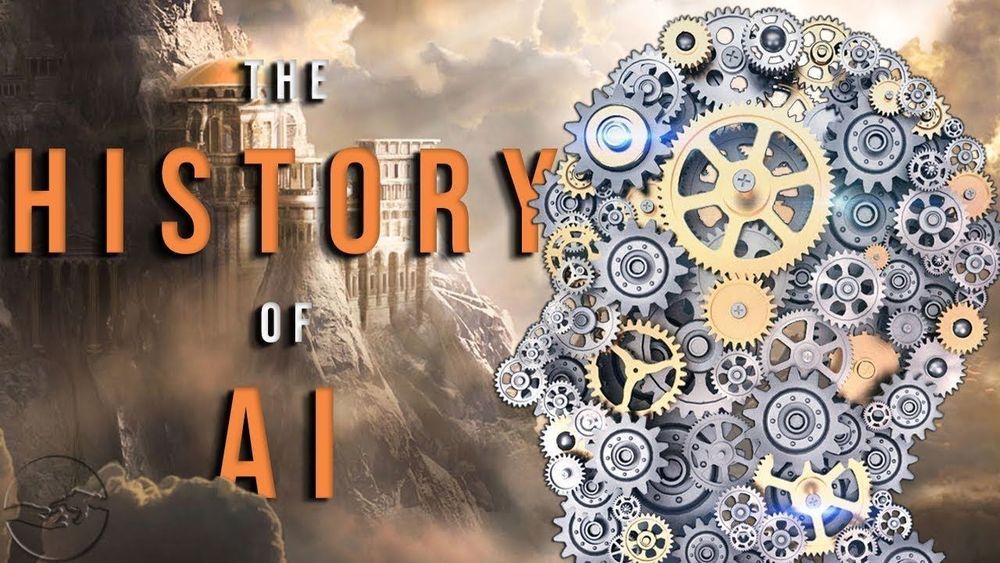Officials of the U.S. Defense Advanced Research Projects Agency (DARPA) in Arlington, Va., issued a small-business innovation research (SBIR) solicitation (HR001120S0019-05) for the Wearable Laser Detection and Alert System.
DARPA researchers want to understand the feasibility of a wearable laser sensor that can detect laser irradiation rapidly during the day and at night and alert the wearer in real-time of lasing.
DARPA wants a wearable laser-detection system with low size, weight, and power consumption (SWaP) that would act as a stand-alone sensor to detect laser illumination over the 450-to-1600-nanometer visible to shortwave infrared region.
